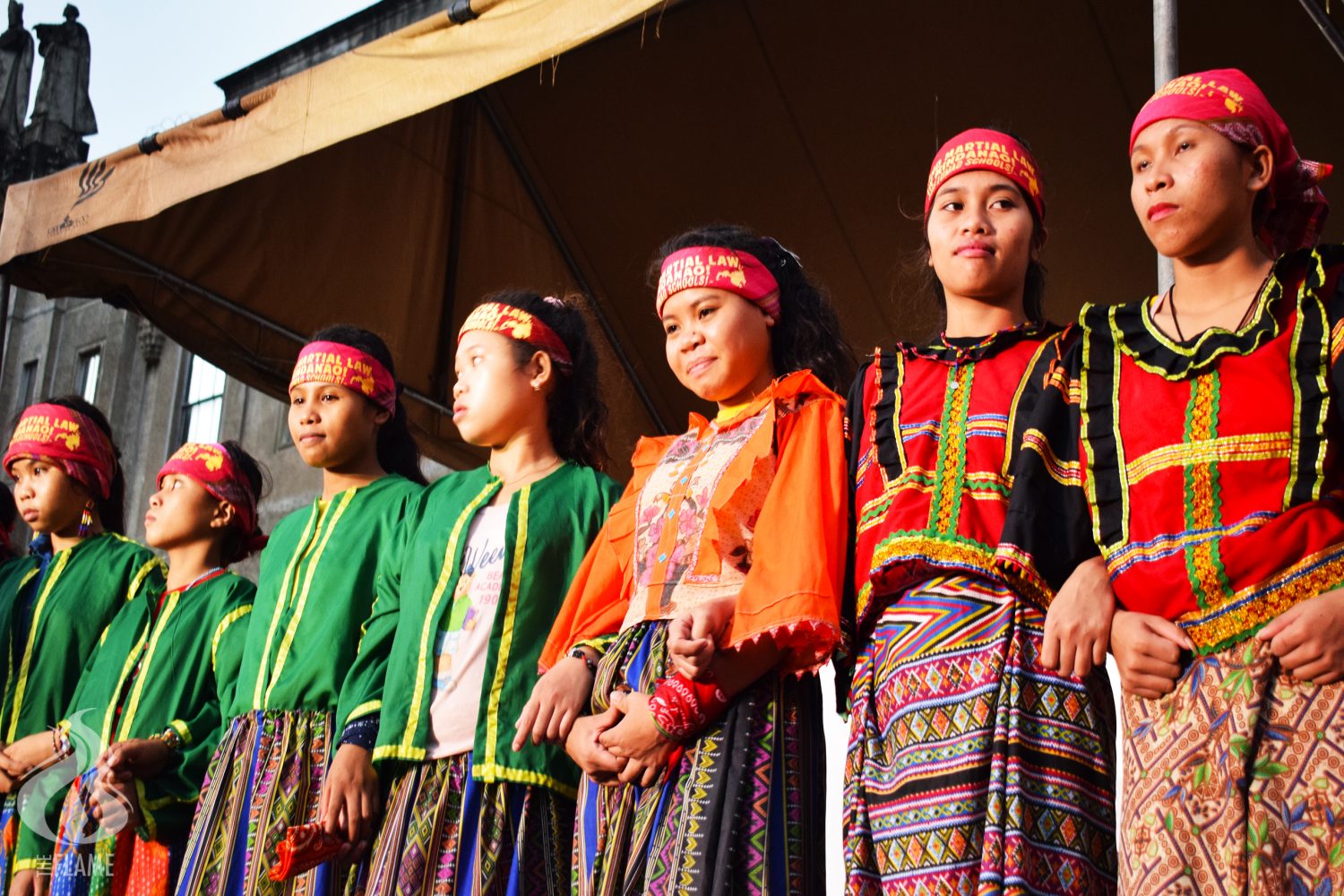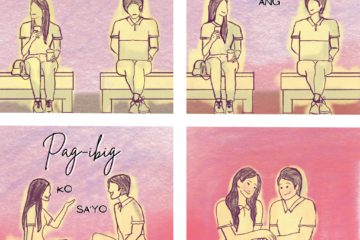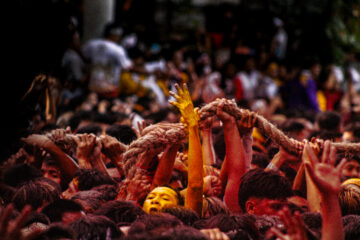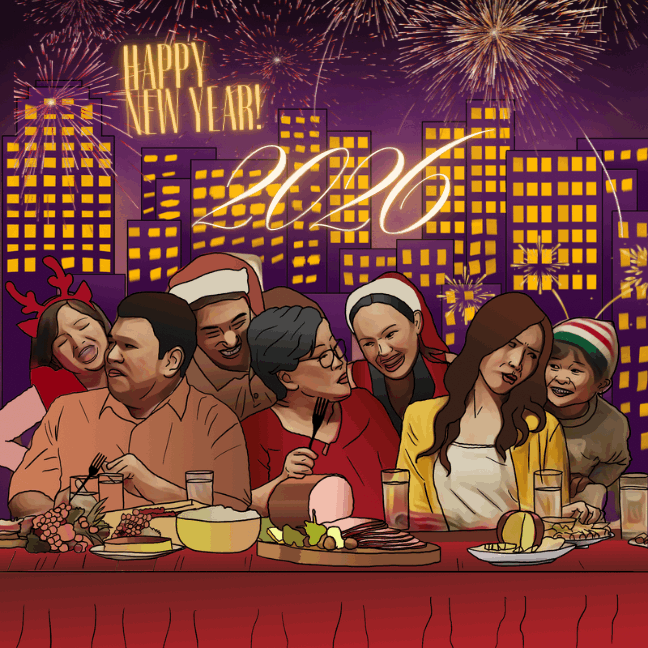
SHE was a long way from home. All the children were. The government had shut down their schools due to the possibility of armed conflict and traveling here was the only way they could continue studying.
When they arrived, we were encouraged to chat with them. She stood alone in the field. I walked up to her and asked for her name.
“Felisa,” she answered.
We continued talking. I noticed how her eyes held more anguish than any 13-year-old should have. She understood why they were here.
I asked about her family. She told me that her brother died two weeks ago. “Killed,” she said. “Got into trouble with the army or something. He was 16.”
My heart felt heavy. “I am sorry for your loss.”
She smiled somberly, “Others from my village met the same fate. It just so happened my brother was one of them.” She told me little things about him like how he took her to school every day and how ugly his laugh was. I could see the burden in her eyes.
Her brother may have died young, but she is only a child herself. The weight of his death should not be hers to carry.
“I think he would have wanted you to be happy,” I said.
“You do?” She asked sincerely.
I beamed at her, “Your name already says so. It means happiness, and there will come a time that you will be happy.”
Her smile finally reached her eyes. F ANA MURIEL R. VERON



